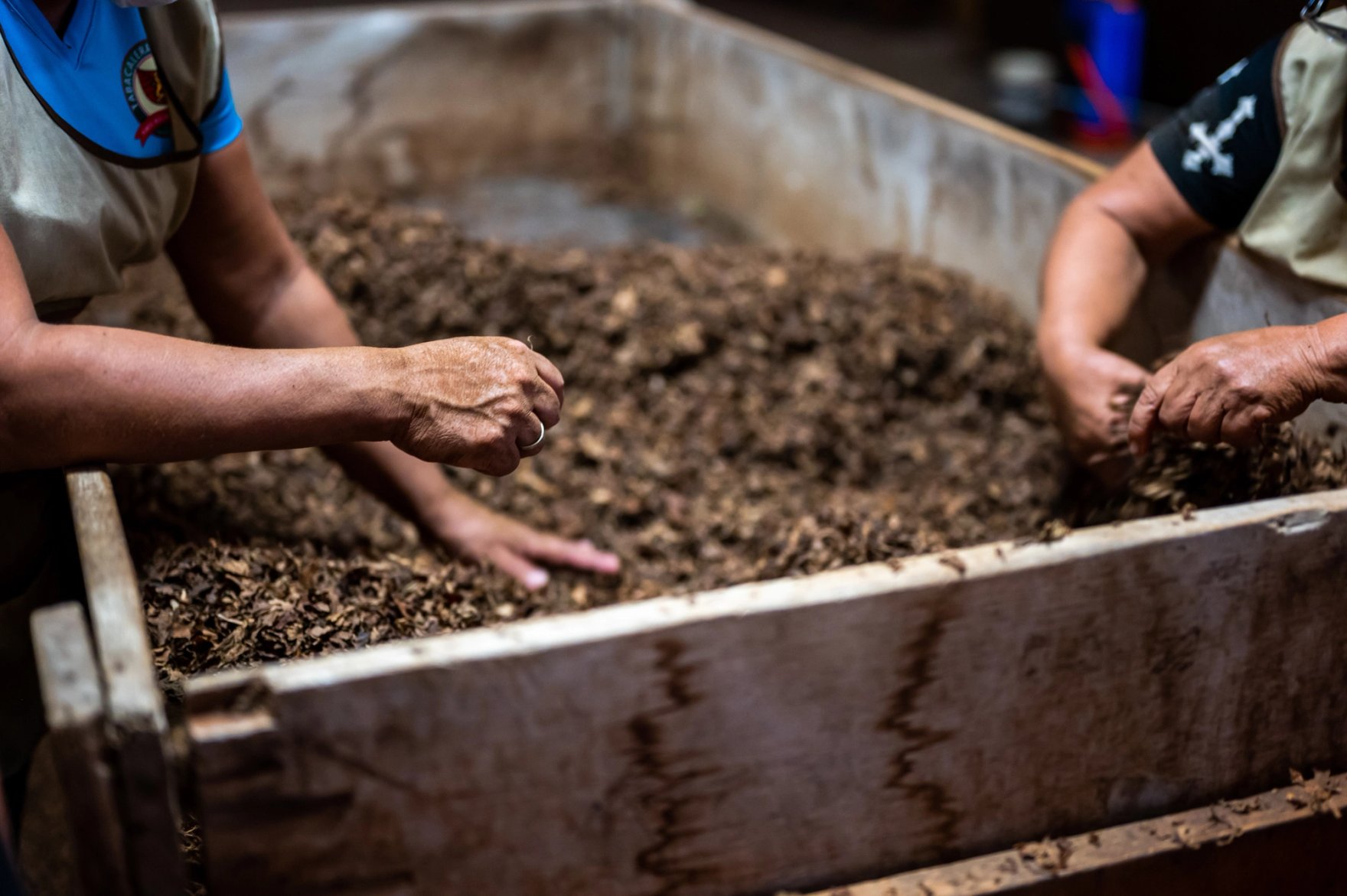
Composting is a simple and effective way to manage organic waste and reduce the amount of trash that ends up in landfills. By transforming food scraps, yard waste, and other biodegradable materials into nutrient-rich soil, composting helps promote healthy plant growth and reduces greenhouse gas emissions. In this guide, we'll explore the basics of composting and provide tips and resources for getting started.
Getting started: What is composting?
Composting is the process of breaking down organic matter, such as food waste and yard trimmings, into a nutrient-rich soil amendment. This process is achieved by providing the right mix of carbon-rich "browns" (such as dried leaves, sawdust, or shredded newspaper) and nitrogen-rich "greens" (such as fruit and vegetable scraps, coffee grounds, or grass clippings) in a compost bin or pile. As the materials decompose, they produce heat and release carbon dioxide and other gases. When the compost is fully broken down, it can be used as a soil amendment to improve soil structure and fertility.
Choosing a composting system
There are many different ways to compost, including backyard composting, vermicomposting (using worms), and large-scale composting. The most common method of composting is backyard composting, which involves using a compost bin or pile to break down organic materials. When choosing a composting system, consider factors such as your available space, the amount of waste you generate, and your level of commitment to maintaining the compost pile. You can purchase a compost bin or make your own using materials such as wire mesh, wood pallets, or plastic storage containers.
Composting dos and don'ts
Composting is a simple process, but there are a few guidelines to follow to ensure success. Here are some dos and don'ts to keep in mind:
Do:
- Mix browns and greens in a 2:1 ratio (two parts browns to one-part greens)
- Keep the compost pile moist (but not too wet)
- Stir or turn the compost regularly to ensure even decomposition
- Add food scraps and other materials gradually rather than all at once
- Use finished compost as a soil amendment in your garden or lawn
Don't:
- Compost meat, dairy products, or oily foods (which can attract pests and create odors)
- Use materials treated with pesticides or herbicides (which can contaminate the compost)
- Add pet waste or human waste to the compost pile (which can contain harmful pathogens)
- Let the compost pile dry out or become too wet
Common issues
Composting is a natural process, but sometimes things can go wrong. Here are some common issues and how to address them:
Smelly compost: This can be caused by too much nitrogen-rich material or insufficient aeration. Add more browns, stir the compost, and ensure proper moisture levels.
Slow decomposition: This can be caused by a lack of nitrogen or insufficient moisture. Add more greens, water the compost, and turn it more frequently.
Pests or rodents: This can be caused by adding meat, dairy, or oily foods to the compost. Avoid adding these materials and ensure the compost pile is properly sealed to prevent animals from accessing it.
Composting is a great way to reduce waste and create a sustainable source of nutrients for your plants. With a few basic materials and some helpful tips, you can start composting at home today. Happy composting!